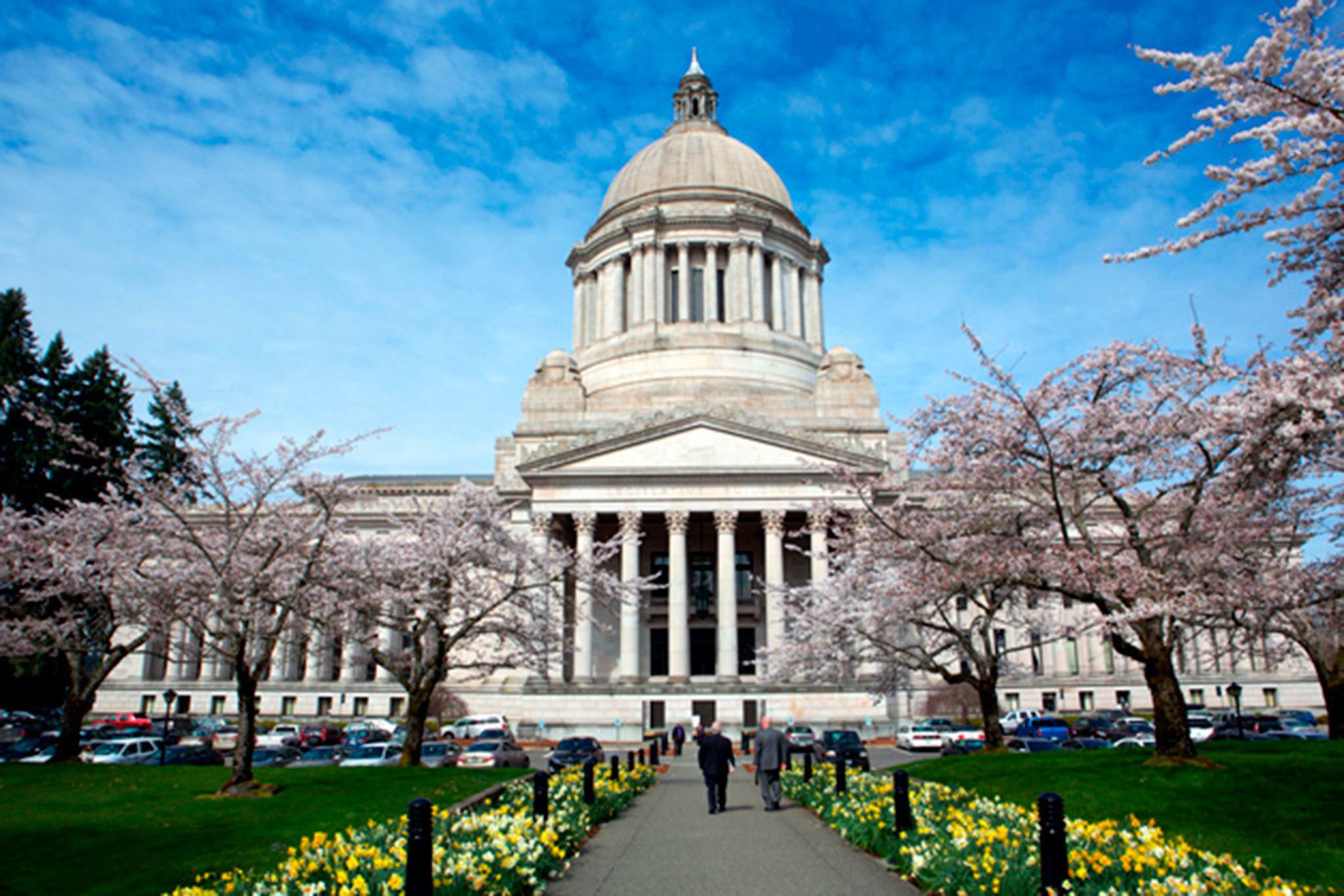OLYMPIA — In 2012, the Washington State Transportation Commission and a 25-member stakeholder committee researched road usage charges as an alternative to the gas tax, in cooperation with the state Department of Transportation and the Department of Licensing.
The commission reported that the gas tax becomes more regressive as the state’s standard vehicle fuel efficiency increases — from the present 20.5 to 35 miles-per-gallon by 2035.
According to the commission’s report, a 30-mile-per-gallon 2010 Ford Focus would save as much as $6 a month with road usage charges. At 45 miles-per-gallon, a 2016 Toyota Prius would save $14 a month if road usage charges are adopted.
The U.S. Energy Information Agency reported that the U.S. economy has seen modest decreases in gas consumption since 2007.
In 2015, the state raised its gas tax by 12 cents from 37.5 cents to 49.4 cents per gallon. State motorists pay a total of 67.8 cents per gallon after the federal gas tax. Only Pennsylvania has a higher gas tax than Washington.
Janet Ray, assistant vice-president of corporate affairs for AAA Washington, doubts that raising the gas tax in the near future would continue to be economically viable.
“The gas tax has served us very well. It’s a simple tax. People understand it, it’s easy to collect and it’s used for highway purposes,” Ray said. “However, we realize that in the near future — 10 to 20 years — as vehicles become more fuel-efficient, the buying power of the gas tax is diminished.”
WSDOT estimated that collection costs for road usage charges could make up as much as 40 percent of revenue generated in the first year. That number would decline to 4 percent of revenue by 2040, the department predicts.
According to WSDOT reports, the gas tax would have to be raised 1.5 cents per gallon annually on all vehicles from 2019 to 2043 to keep pace with net revenues from a 2.4 cents per mile road usage charge. Under state law, electric car owners now are charged an annual flat fee of $100 to offset the absence of gas tax income with those vehicles.
While the state collects 49.4 cents on each gallon of gasoline sold to motorists, cities and counties get 11 cents of that total for their road projects.
WSDOT reports it devotes 8 cents of each gas-tax dollar it collects to road maintenance, while nearly 77 percent of gas tax revenue serves the state’s long-term debt from its past and future projects.
“The pace at which fuel-efficient cars are on the road will only increase faster as people want to lower costs and get more out of their mileage,” WSDOT Executive Director Reema Griffith said. “It’s great for the environment, but the gas tax will become a natural predicament.”
Tim Gruver is a reporter with the WNPA Olympia News Bureau
This story is part of a series of news reports from the Washington State Legislature provided through a reporting internship sponsored by the Washington Newspaper Publishers Association Foundation. Reach reporter Tim Gruver at timgruver92@gmail.com.



